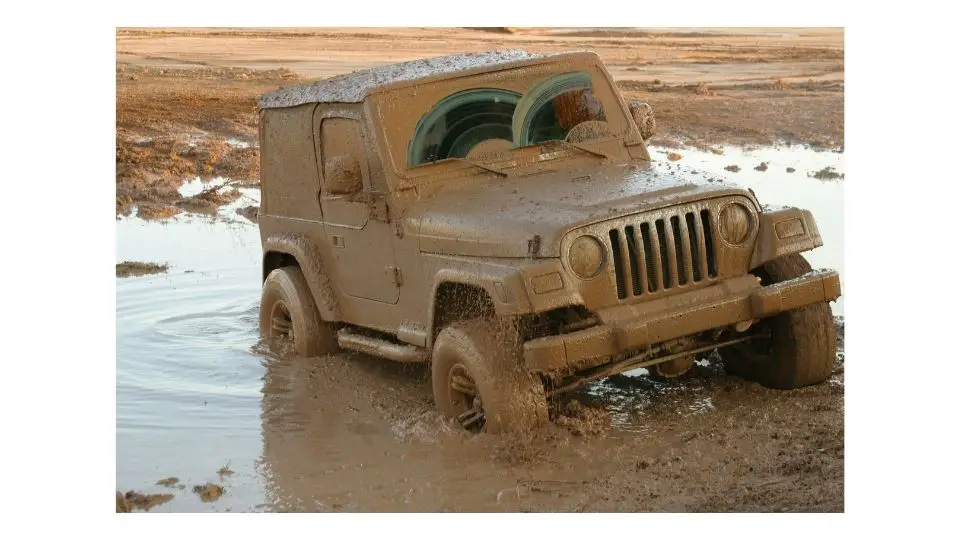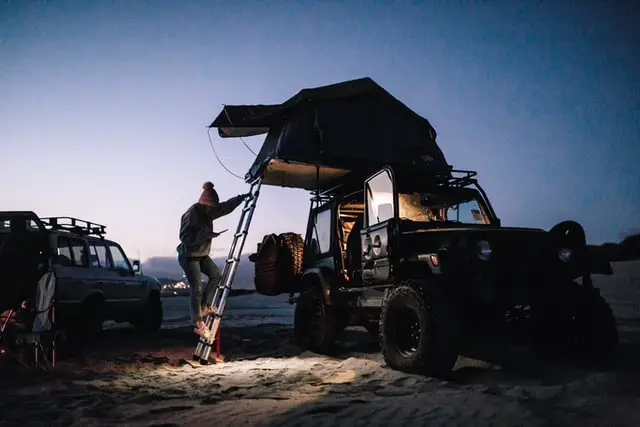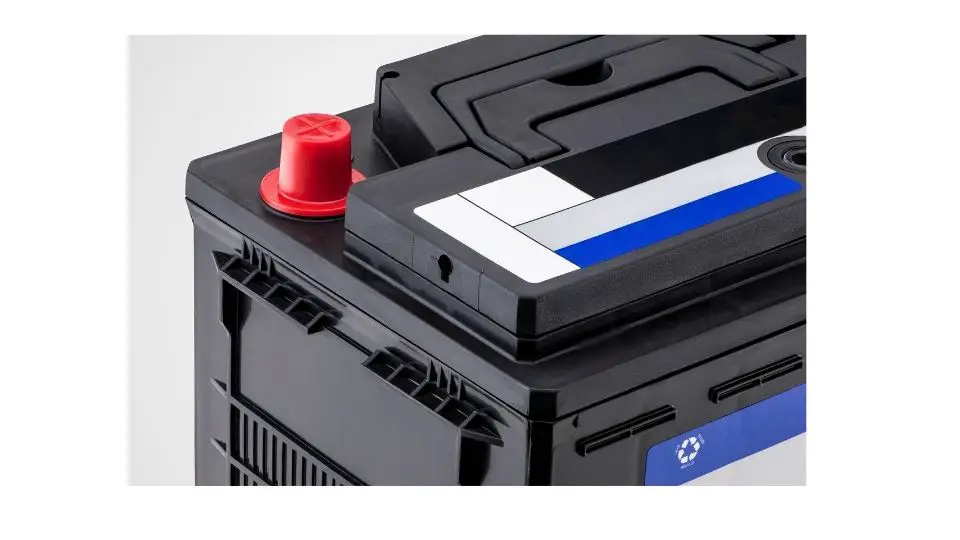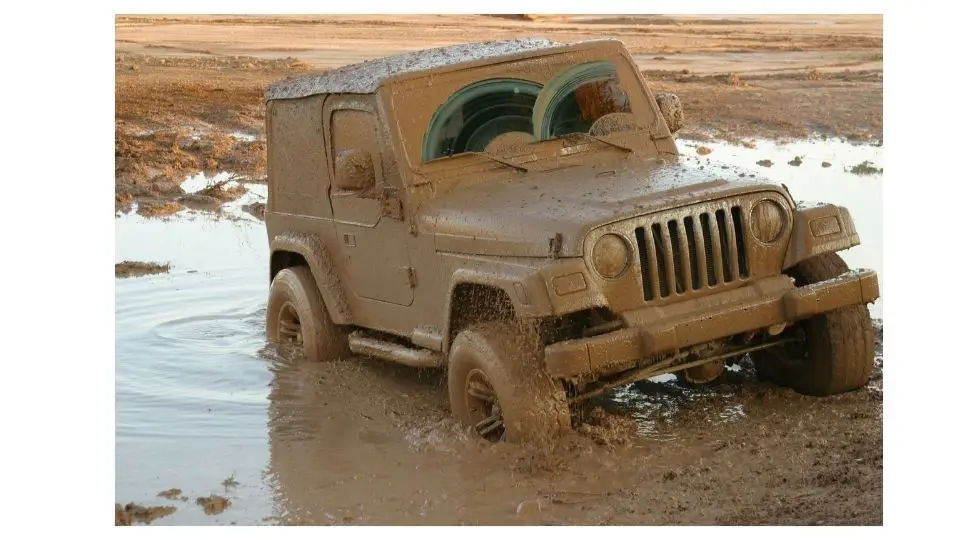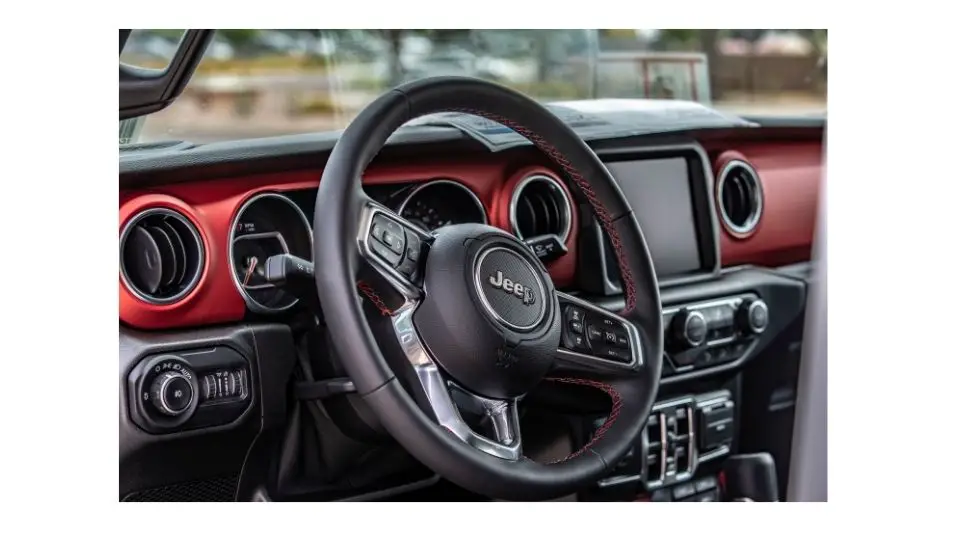How long do Jeeps last really? Are you able to expect it to be performing at a high level even after it has put many miles on the odometer? In this article, we are going to take an in-depth look into this subject and see just how much you can expect out of your Jeep.
Generally speaking, a Jeep will last you around 15 to 20 years based on the model and the amount of care that you give it. The Wrangler model is the strongest of the bunch and will give you many more miles with some going on for as many as 400,000miles.
The Jeep brand has been around for a really long time and is iconic as far as off-road vehicles are concerned. You could say that they are the standard that everyone else is chasing.
They started off with the Wrangler and to date have released many other models to meet the needs of an ever-growing market base.
Originally known as the brand for off-road enthusiasts, they have gradually creeped into the market for everyday family cars by adding more models that focus on fuel economy, comfort, and a lot more electronics.
The shift to these newer models has meant that they had to make some compromises on some of the ruggedness that you usually associate with a Jeep. This, in turn, led to less reliability and general longevity in these other models.
Do Jeeps Last Long?
Jeeps are engineered for the harshest off-road environments. Though newer models have been introduced that cater more to the on-road market, Jeep models are engineered to last.
When you follow the basic logic that components made to endure harsh environments are generally more durable, you end up with a vehicle that lasts long.
This means that they are engineered to be really strong. From the frame, all the way to the suspension and engine, the Wrangler can take a beating in the great outdoors and still perform at the highest level.
If you make the necessary investment of having it maintained according to the manufacturer’s guidelines, you can expect your Jeep to last up to 20 years or more.
The Grand Cherokee and Cherokee are also some really good performers. They were made to bridge the gap between the hard-knock off-roaders and the needs of the family who require an everyday car that is rugged and reliable. There are currently 2 and 4 wheel drive versions of the Cherokee and Grand Cherokee.
A good chunk of the people who buy Jeep Cherokee and Grand Cherokee models will never take them off-road and it makes more sense for them to buy the 2 wheel drive option which comes at a significantly lower cost.
Of all the Jeep models on the market, the Renegade has the worst track record of 5 years and 45,000 miles. Even if you are going for a Jeep Wrangler, there are some years which are better than others.
A lot can be attributed to the number of times the Jeep Company has changed hands. This has led to some compromises in the quality of the Jeeps being produced.
This was due to the fact that different engine and body components were being used in the vehicles. For this reason, you will find that pre-Chrysler Jeeps have a much better track record when compared to the newer models.
Despite this fact, some of the newer Jeep models such as the 2010 Wrangler JK have had a good run. The first JK was released in 2007 and ended in 2018. In many people’s eyes, it ranks only behind the 1995 YJ as the best Jeep Wrangler of all time.
At what mileage do Jeeps start having problems?
When your Jeep is serviced regularly, it can virtually go problem-free for a very long time. There are certain problems that are generally associated with specific Jeep models.
The Jeep which has had the most problem over the years is the Grand Cherokee. The different Jeep models will start to show signs of wear and tear at different intervals but generally speaking, the average among them is around 150,000 miles without needing a major repair job.
You will find that you may need to do some minor repair and maintenance work such as replacing the brakes at around the 30,000 to the 50,000-mile range for Jeep Grand Cherokees.
This is a common problem that a number of owners have reported but it won’t happen every time. The driving habits of the owners will also play a significant part in the longevity of the Jeep.
It also goes without saying that a Jeep that is taken off-roading often will suffer more significant wear and tear than one that never is or does so at less frequent intervals.
Because Jeeps are made to withstand the most rugged terrains, they generally hold up a lot better than most vehicle makes and models. They are simply engineered a lot better than most other vehicles and generally made to last.
How Can I Make My Jeep Last Longer?
The best way to ensure that your Jeep lasts long is to have regular maintenance done on it at the recommended intervals.
For Jeeps, this means that you need to have it serviced every 5,000 to 7500 miles. If you are an off-roader and want to add some aftermarket parts to your Jeep, make sure that you do your research and only get the best parts.
Do your research on Jeep forums or among owners and mechanics with experience. Working along these lines will ensure that your Jeep gives you many more years.
Go for quality even if it’s a little more expensive. You’ll be repaid with a lot more miles from your Jeep. Driving style also plays a great part in the longevity of your Jeep.
You need to know how to handle your Jeep well especially when off-roading. Pushing it too hard too often and inefficient or wrong gear changes in a manual transmission Jeeps will kill your transmission.
Getting your Jeep the necessary protection such as skid plates when off-roading will protect your Jeep from undercarriage damage. Also, make sure that your Jeep has sufficient drainage in the lower parts of the frame to prevent frame rot.
Conclusion
A Jeep is a good investment if you are considering getting one. It can last for well over 20 years when taken care of. You can hand it down to your kids just like in the good old days when cars lasted much longer.
Jeep is one of the few brands which has tried to hold on to the tradition of producing high-quality cars that are meant to go the distance.

